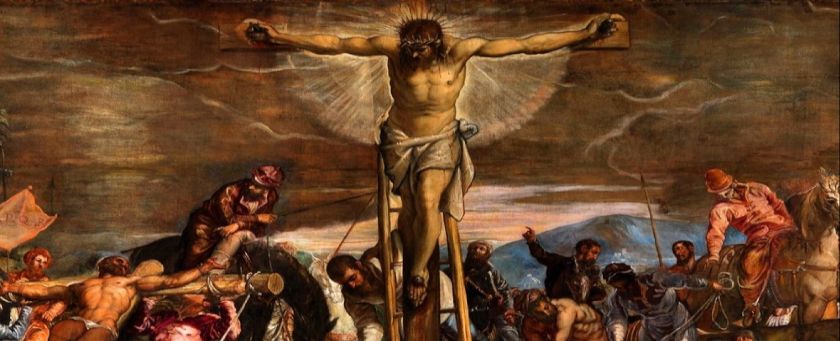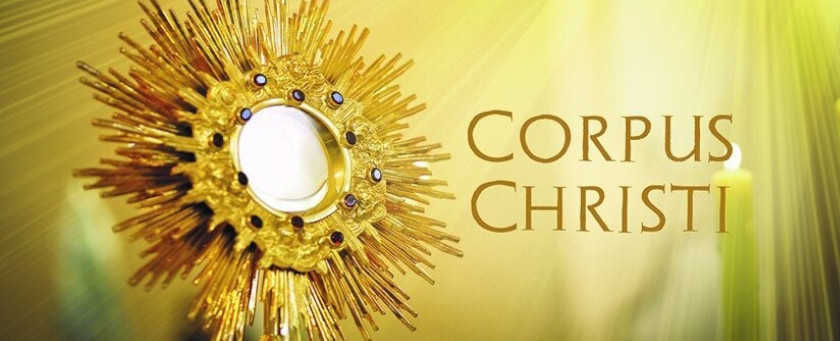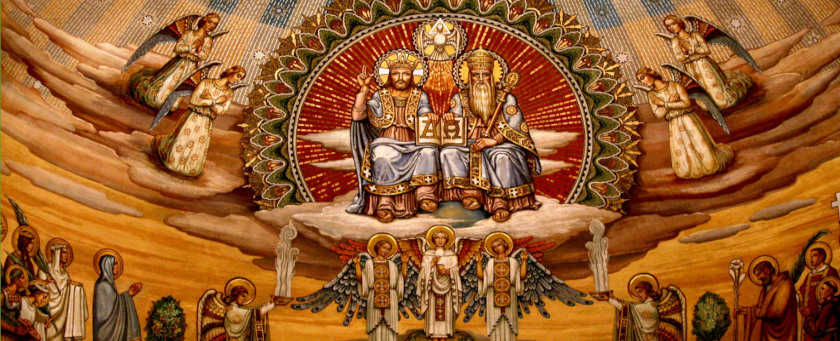God Always Provides a Path Back to Himself
Fourth Sunday of Lent, Year B

Readings:
2 Chr. 36:14-16, 19-23; Ps. 137; Eph. 2:4-10; Jn. 3:14-21
Good morning. Today is Laetare Sunday, which marks the halfway point through Lent. Laetare means rejoice, but since today is also Daylight Savings, and we all had to sacrifice an hour of sleep, I’ll just say, “woohoo.” But, given we are about halfway through Lent, perhaps it would be good to reflect on how we are doing with our Lenten promises. They say it usually takes about twenty-eight days to establish a habit, so have the sacrifices we have been making these last four weeks become more habitual, or are they still a struggle? If we realize that we may have slipped up here or there, or even given up, perhaps we have something in common with the ancient Israelites.
The story of Israel is a long one, full of ups and downs, highs and lows, victories and losses. Our First Reading from the Book of Chronicles describes how the people of Israel lost their faith in the Lord. They failed to keep the Commandments, they profaned the holy places, and the Lord allowed them to fall captive to Babylon. In a word, they failed to maintain the good habit of practicing their faith and instead were taken over by their intrigue in foreign idols. We ought to be careful what we idolize, for it may one day be our downfall. Nevertheless, God is merciful, and always provides a path so we can find our way back. He promises, through the prophet Jeremiah, that in seventy years, the exile would end, and after that time of trial, the Persian King Cyrus conquered Babylon and ordered the people of Israel to return to their land and rebuild the Temple.
The worship of God was central to the lives of the Israelites. During those dark periods of history, when the people fell prey to worshiping false idols and gave in to sinful ways, their lack of faith and fidelity to the Lord became their downfall. And so, adoration and worship are an integral component to a healthy relationship with God. And worship is always tied to sacrifice. In order to give to God, there must be something we go without. Lent highlights this in a special way, because these forty days allow us to prepare for the ultimate sacrifice we celebrate during Holy Week, namely, Jesus’ death on the Cross.
Jesus says, “Just as Moses lifted up the serpent in the desert, so must the Son of Man be lifted up, so that everyone who believes in him may have eternal life.” At the core of this statement is the idea of gazing upon the symbol of that which can kill us–staring death in the face. In Moses’ day, it was venomous serpents, who bit the people, and killed them; in Jesus’ day, it was the cross. In our day, it is a virus. Just as Moses lifted up a bronze serpent so that anyone who looked upon it would be healed; so too does Christ crucified bring healing to anyone who looks upon him.
Our healing comes through Christ, and in a special way, through the Most Blessed Sacrament. And so, today, as we gaze upon the cross and adore Christ in Sacrament, we rejoice in the sacrifice that heals us, and we offer ourselves to him. May this halfway point in Lent be a turning point for all who come to Christ, to embrace his truth and live in his light.
Given during the COVID-19 pandemic.





Twitter
Facebook
Pinterest
Email